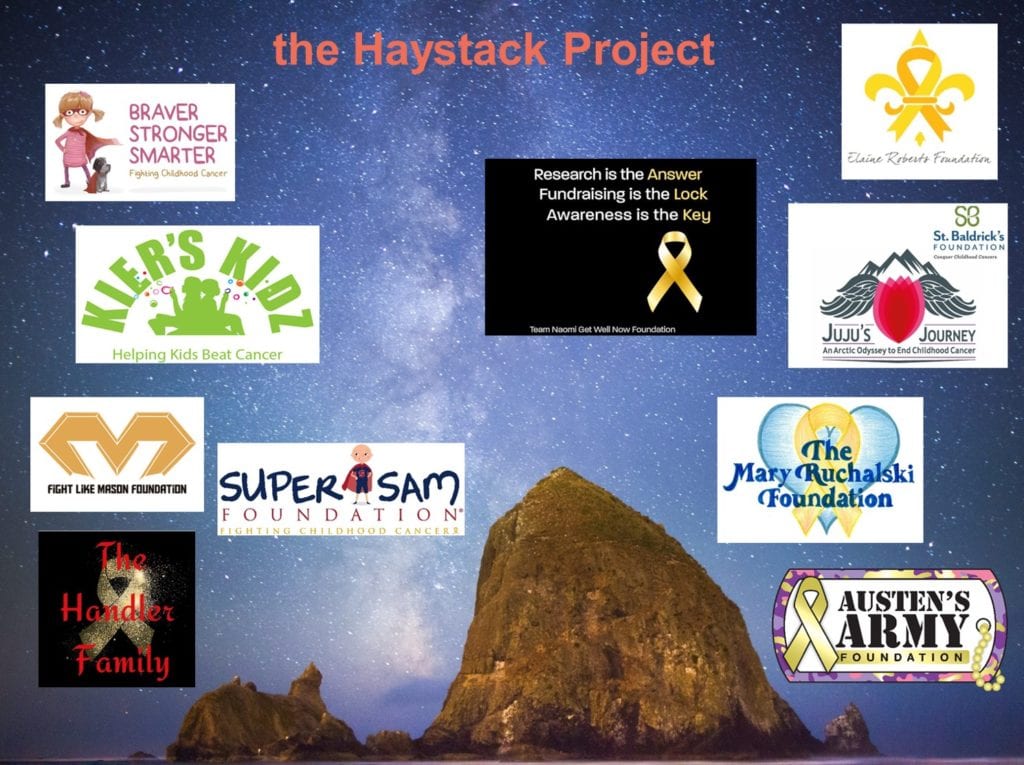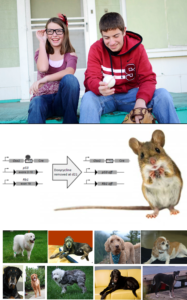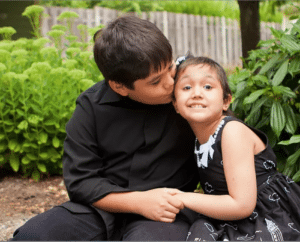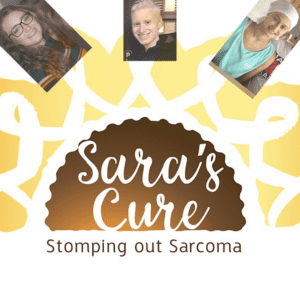Already funded by a collective of partner family foundations!
Soft tissue sarcomas are among the top 5 causes of death from childhood cancer. Until now, rhabdomyosarcoma (RMS) and non-rhabdomyosarcoma soft tissue sarcoma (NRSTS) have had dismal outcomes when unresectable, metastatic or progressive. To address this pressing & unmet clinical need, we have generated multiple genetically-engineered mouse (GEM) models of the alveolar and embryonal subtypes of RMS and the undifferentiated pleomorphic sarcoma (UPS) subtype of NRSTS.
Through our academic-pharma partnership with a major Swiss pharmaceutical company, we have already screened 640,000-compounds across a range of cells-of-origin and mutational profiles for primary tumor cell cultures taken from these murine sarcomas. Four of the most potent hits share near-identical chemical structures. All compounds have cell growth inhibition activity against alveolar RMS (ARMS) and embryonal RMS (ERMS), only mixed activity against UPS, but no activity against normal fibroblasts. One of these compound hits (denoted DrugX) is an FDA-approved cardiovascular medicine with a favorable long-term side effect profile (even available as an extended-release formulation). This FDA-approved agent is similar in structure to a handful of other cardiovascular medicines – and completely unstudied with respect to rhabdomyosarcoma. Our in vitro studies in 3 human rhabdomyosarcoma cell lines affirm the activity of DrugX itself as well as 4 other drugs in this class of FDA-approved medicines. Under a CDA, we will share the name and chemical structures of DrugX and the 4 compounds in the same class; however, we redact these details here because disclosure will ‘start the clock’ for intellectual property filings, which might be necessary to find biopharma partners who will bring this or a related agent to pediatric phase I/II clinical trials. Through our aims, (1) to define the target(s) of DrugX, and (2) to validate single-agent activity of DrugX in vivo for wide range of ARMS and ERMS models, we will preclinically validate a compound/class of compounds (and their biomarkers) for RMS that translate quickly to cooperative group clinical trials as an upfront targeted therapy. Given the tolerability of this class of compounds, the potential for use as a maintenance therapy for RMS is also very high.





